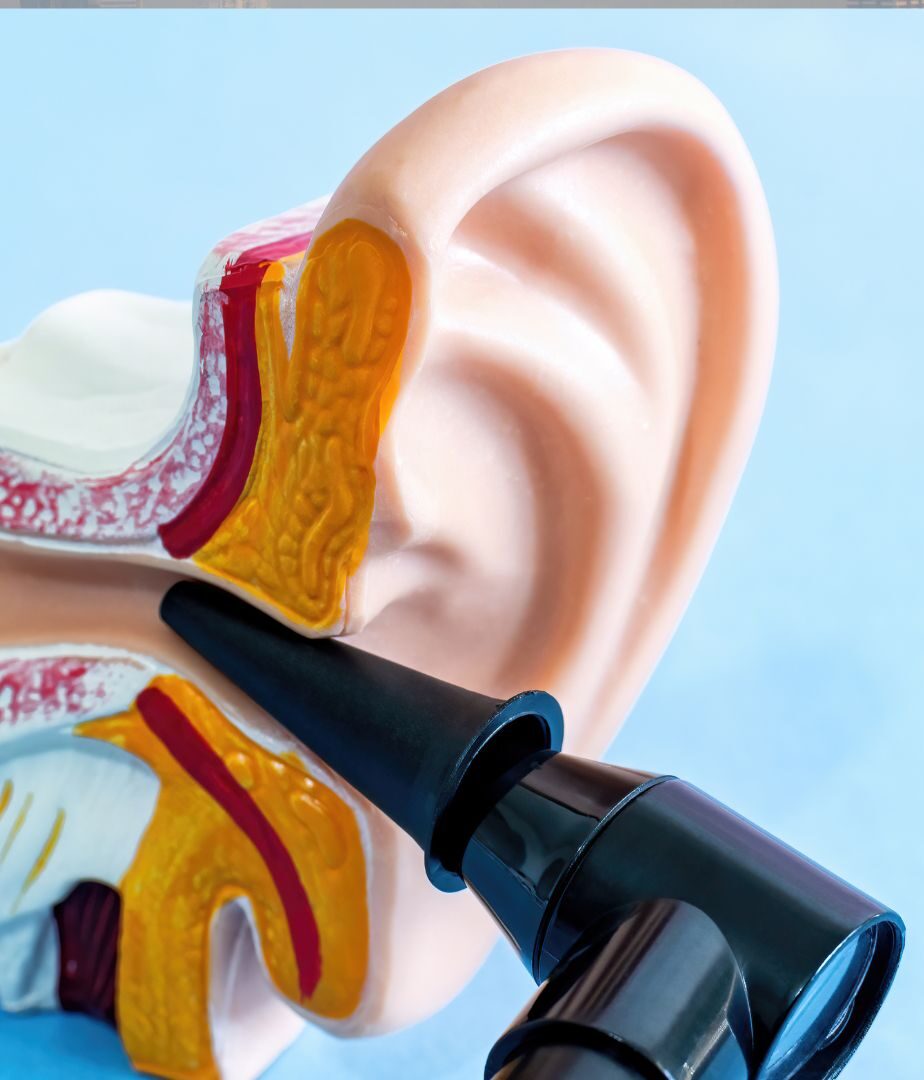Hearing is a crucial sense that connects us to the world around us, enabling communication, enjoyment of music, and awareness of our environment. However, when this ability is impaired, it can significantly impact our quality of life. As an ENT surgeon, understanding the different types of hearing loss and their causes is essential for providing effective care and guidance to patients.
Introduction
Hearing loss is a prevalent condition affecting millions of people worldwide. It can range from mild to profound and can occur at any age. Understanding the types and causes of hearing loss is vital for early detection and appropriate management.
Types of Hearing Loss
Conductive Hearing Loss
Conductive hearing loss occurs when there is a problem conducting sound waves through the outer or middle ear. It can be caused by conditions such as ear infections, fluid buildup, or earwax blockage.
Sensorineural Hearing Loss
Sensorineural hearing loss results from damage to the inner ear or auditory nerve. Aging, exposure to loud noise, and genetic factors are common causes of sensorineural hearing loss.
Mixed Hearing Loss
Mixed hearing loss involves a combination of conductive and sensorineural hearing loss. This can occur when there are issues in both the outer/middle ear and the inner ear or auditory nerve.
Causes of Hearing Loss
Genetic Factors
Some individuals may inherit genes that predispose them to hearing loss. Genetic factors can contribute to both congenital and acquired hearing loss.
Aging
Age-related hearing loss, known as presbycusis, is a common condition that affects older adults. It is often characterized by a gradual decline in hearing ability.
Noise Exposure
Exposure to loud noise, either through occupational or recreational activities, can damage the hair cells in the inner ear, leading to hearing loss.
Ear Infections
Chronic or recurrent ear infections can cause damage to the structures of the middle ear, resulting in conductive hearing loss.
Ototoxic Medications
Certain medications, such as some antibiotics and chemotherapy drugs, can have harmful effects on the inner ear, leading to hearing loss.
Impact of Hearing Loss
Hearing loss can have significant consequences on an individual’s life, affecting communication, social interactions, and emotional well-being. It may lead to feelings of isolation, depression, and reduced quality of life.
Diagnosis of Hearing Loss
Diagnosing hearing loss typically involves a comprehensive evaluation by an audiologist or ENT specialist. This may include a physical examination, hearing tests, and imaging studies.
Treatment Options
Treatment for hearing loss depends on its type and severity. Options may include hearing aids, cochlear implants, surgical procedures, or medication therapy.
Preventive Measures
Taking steps to protect hearing health is essential in preventing hearing loss. This includes avoiding exposure to loud noise, using ear protection, and seeking prompt treatment for ear infections.
Living with Hearing Loss
Learning to adapt to hearing loss involves developing effective communication strategies, utilizing assistive devices, and seeking support from healthcare professionals and support groups.
Importance of Seeking Professional Help
Early detection and intervention are crucial in managing hearing loss effectively. Consulting with a healthcare provider can help identify the underlying cause of hearing impairment and determine the most appropriate treatment plan.
Conclusion
Understanding the different types of hearing loss and their causes is essential for promoting hearing health and improving quality of life. By raising awareness and encouraging early intervention, we can empower individuals to take control of their hearing health and seek the support they need.
FAQs
- Can hearing loss be reversed? While some types of hearing loss may be reversible with prompt treatment, such as conductive hearing loss due to earwax buildup, most cases of sensorineural hearing loss are permanent. Early intervention can help manage symptoms and prevent further deterioration.
- At what age does hearing loss typically occur? Age-related hearing loss usually begins to manifest in individuals over the age of 50, but it can occur earlier due to genetic factors, noise exposure, or other health conditions.
- Are there lifestyle changes that can prevent hearing loss? Yes, avoiding prolonged exposure to loud noise, using ear protection in noisy environments, and maintaining overall health and wellness can help prevent hearing loss.
- Can hearing aids restore normal hearing? While hearing aids cannot restore normal hearing, they can significantly improve hearing ability and quality of life for individuals with hearing loss by amplifying sounds and improving communication.
- How often should I have my hearing checked? It is recommended to have a baseline hearing evaluation in adulthood and regular follow-up screenings as needed, especially if you notice changes in your hearing or experience symptoms of hearing loss.
About Author:
Dr. Vivek Kumar Pathak: Renowned ENT Surgeon, Senior Professor, and Founder.
Dr. Pathak, ENT surgeon at Kailash Hospital, Senior ENT Professor at Sharda University, and founder of Entegrity Care, brings expertise and innovation to healthcare. Discover the visionary behind Doxtreat Healthcare, shaping the future of ENT care.
Website www.drvivekpathak.com
Call +917838450942
WhatsApp +91 78384 50942
Book an appointment with Dr. Vivek kumar Pathak by filling the form.



